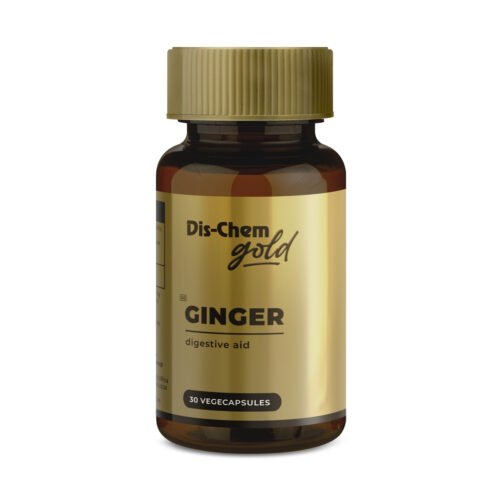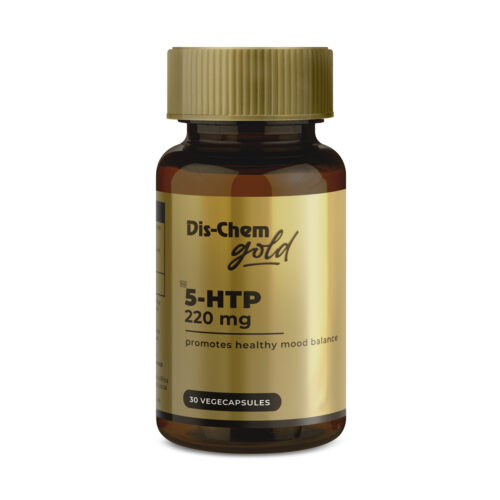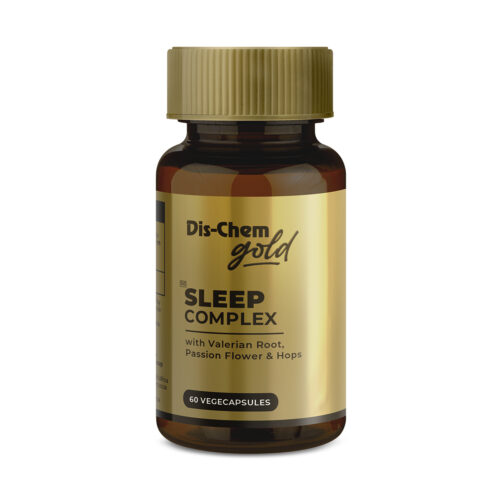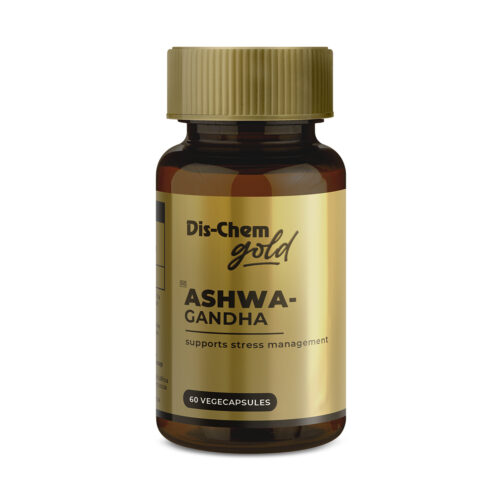October is Mental Health Month and there has never been a more important time to raise awareness about mental health
Let’s address the stigma and misconceptions that people have about mental illness. As we continue to navigate this unprecedented period in our lives, it is vital to find healthy ways to deal with stress. Numerous studies from across the globe affirm the pandemic’s mental health impact, which is causing more stress, greater anxiety and even depression.
These factors simply add to our already stressful modern lives due to work and family-related stress, the influence of digital technology and our always-on lifestyles, excessive reliance on stimulants like caffeine and rising environmental stresses, among others.
READ MORE: Study finds regular, structured exercise sufficient to lower mental illness risk
The Cortisol Factor
Chronic stress can cause stress hormone levels to rise and remain elevated, especially cortisol. This state can increase inflammation, reduce immunity, and raise the risk for high blood pressure, stroke, and heart attack.
Constantly living in fight-or-flight mode also pumps out more adrenaline, which can make you feel constantly on edge and your mind races. This state often creates feelings of anxiety.
In fact, according to the National Institute of Mental Health, chronic stress can negatively impact multiple aspect of your health and contribute to a wide range of additional problems, including:
- Headaches
- Sleep problems
- Mood disturbances, such as sadness, anger, or irritability
- Heart disease
- High blood pressure
- Diabetes
- Depression
READ MORE: Spring clean your sleep routine for better health, added vitality and more energy
The Stress Response
Ultimately, our body’s response to stress is the same. Impose any stress on your mind and body, whether it’s work-related, emotional stress, physical trauma, environmental stress, intense or prolonged exercise, or psychological stress, and it you will eventually impact your health.
Overloading your system with multiple stresses can have serious consequences. While some degree of acute stress is beneficial because it forces the body to adapt, leaving stress unchecked can lead to various health issues.
Common stress-related conditions include:
- Hypertension
- Chronically elevated heart rate
- Irritability
- Anxiety
- Depression
- Indigestion
- Heartburn
- Insomnia
- Sexual dysfunction
- Suppressed immune system
- Hormonal imbalances
That is why we need to manage stress and find ways to deal with it in all its forms. Taking a proactive approach to stress management with daily practices like a nutritious diet, mindfulness or meditation practices, yoga and stretching, daily activity and some light to moderate exercise, and sufficient sleep will help us achieve and maintain optimal health and wellness.
You can also take control of rising stress levels and create greater stress resilience with help from certain supplements.
The Rise of Adaptogens
An adaptogen is generally defined as a substance that increases the body’s ability to resist and adapt to mental and physical stress.
Most adaptogens are made from powerful plant extracts or herbs that help to restore balance in the cardiovascular, immune and nervous and endocrine systems, usually without an physiological disturbance, side effects or toxicity.
Common ingredients used as standalone products or in adaptogen formulations include Ginseng, Rhodiola, Ashwagandha and Maca Root, among others.
Rhodiola is a herb widely used as an adaptogen to reduce the fatigue that usually accompanies prolonged exposure to stressors, while also helping to improve mood, and decrease feelings of anxiety and depression. It may also improve focus, particularly during periods of prolonged stress. It supposedly works by preventing excessive cortisol and adrenaline release.
There is a growing body of research that indicates that taking Ashwagandha can help you feel less anxious, depressed, and/or stressed. For example, a study published in Cureus in December 2019 found that those in a group that took Ashwagandha daily over eight weeks reported sleeping better and feeling less stressed compared with those who took a placebo.
Made from the root of the maca plant (aka Peruvian ginseng), Maca Powder contains vitamin C and vitamin B6, as well as minerals such as copper, iron, potassium and manganese. It is also provides beneficial compounds, including glucosinolates and polyphenols. This nutritional profile and the wealth of antioxidants it contains makes Maca Powder an adaptogen that can help the body with stamina and stress resilience.
READ MORE: The stress less toolkit
Chill out with CBD
And following changes to local legislation, we can also use compliant cannabidiol (CBD) products to better manage stress.
Manufacturers can now produce products that are exempt from scheduling, provided these products contain a maximum daily dose of 20mg of CBD and are intended for general health enhancement or maintenance, or relief from minor symptoms not related to a disease or disorder,.
CBD is a naturally-occurring, active, non-psychoactive compound found in the cannabis or hemp plant’s resinous flower. CBD can help to reduce anxiousness by improving endocannabinoid system function, which increases natural cannabinoid production. These compounds then bind with endocannabinoid receptors (CB1 and CB2) in our body.
Specifically, it is CBD’s effect on CB1 receptors that can positively impact on our overall mental wellbeing. These receptors are located in the brain and are associated with emotions, mood and pain, among others.
When cannabinoids bind with these receptors, they can calm the mind, promote better sleep, and reduce anxiety.
In addition, CBD can increase serotonin, a neurotransmitter that controls mood, while also promoting neural regeneration, which creates new cells and tissue to repair a damaged nervous system. As such, CBD is already commonly used to treat restlessness, sleeplessness and anxiousness.
READ MORE: Manage lockdown stress the natural way











